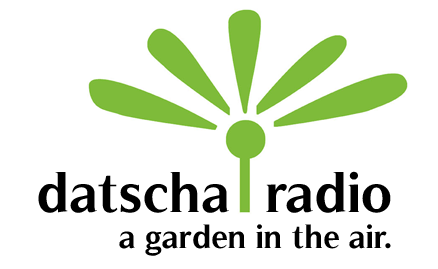Harakka Island Radio 4: Radio Magic

11 degrees, wind with more wind from the South, this was the magical weather forecast that day. Radio started 15 min earlier: To the delight of the birds sailing by and next to the terrace’s railing Lukatoyboy‘s tape mingled with their constant voices and the rushing winds.

More magic arrived from Australia in the shape of a recording of Tuning Forks, a ‘divination cooking show’ by the sound witches Julia Drouhin, Philippa Stafford and Biddy O’Connor.
Radio Guest of the day was the Helsinki-based Finnish-Czech artist and activist and poet Roza Turunen who came accompanied by her writer friend Maija Karakoski and her mother and costume artist Jana Vyborna-Turunen. Roza introduced her poem, “Caesura of Tragedy” as a stream-of-consciousness performance dealing with magical moments in the every-day-world.
Our ensuing talk revolved around Roza’s writing and sensing practices. Caesura of Tragedy, for example, was left unaltered in every word. In this way, the mind of the poetess became recorded directly onto the notepad.

Anti-disciplinary artist Cecilie Fang’s poem Our skin as a Carrier Bag, – “lines of words entangling the ecology of touch (Fang)”, offered itself as an as beautiful as a fitting closure to Roza’s reading.
Taking a small break on the path to the house, I was lucky to strike a very quick conversation with the artist Sirkku Ala-Harja about sea monsters, the theme of her two drawings put up at the gallery.
Spells for changing weather conditions are a common and worldwide spread magical practice. A Prayer for Rain, for everyone, sent to Harraka Island Radio by Sebastiane Hegarty offered “A fragment of voice from an anonymous audio cassette letter, sent from Canada to Winchester, UK and found in a second-hand shop in the late 1990s.” This was followed by GongPunk, a “sound recording of a “Gong Bath” provided by the Gong Master Gonzalo Zavalla and intervened in real-time by Franco Falistoco in 2018.”
The last conversation transmitted to the airwaves of Harakka Island was with Kari Yli-Annala, reflecting on the event’s tides of performances, lectures, movie screenings, and the exhibition in the gallery Lennätin. Altogether, more than 20 artists shared their art and knowledge. Kari said, a better-funded and more thoroughly advertised “Week of the Impossible” would of course still offer more channels to spread the interdisciplinarity of the Experimental Arts… as is his declared endeavor for 2024. Together with the visiting guests of the gallery we then listened to last day’s recording of Joonas’ lecture.

Our broadcast closed with a work by the sonic anthropologist Tom Miller, Thin Cities – an “imaginary sound-mapping of Thomas More’s fictional 16th-century island of Utopia, built around analog tapes of Italo Calvino reading from his books Invisible Cities and Mr. Palomar.“
It felt sad to leave the island, the (im)possibility of returning for more radio and more analogue magic hanging in the air like Petrichor. Yet, what became very clear again – in my talks with Kari, in the multi-felt’ processes related to radio-making and getting to know a new place with its varied fauna and flora: Radio is a medium that is reaching out… and truly affects the listeners’ being-in-the-world. I liked Harakka Radio’s humble 92 MHz frequency that shared (and re-shared) the air space with hundreds of watchful avian nesting. Important to say: everybody I spoke to, was greatly impressed, amazed, dazed (you name it) by the very existence of radio art.
Contributing radio artists of Day 4 (in loose order of appearance)
- Julia Drouhin, Pip Stafford, Biddy O’Connor: Tuning Forks
- Tiger Stangl: Rewind
- Cecilie Fang: Our Skin as Carrier Bag
- Sebastiane Hegarty: A Prayer for Rain, for everyone
- Franco Fallistocu: Gong Punk
- Joonas Jokiranta: Magiasta. Lecture from 27th of May
- Tom Miller: Thin Cities
Last but not least remark: Some views of the island and the station’s surroundings were captured on a mechanical panorama camera :) If something’s on the film: You will see it in due time.
This post is also available in: German
